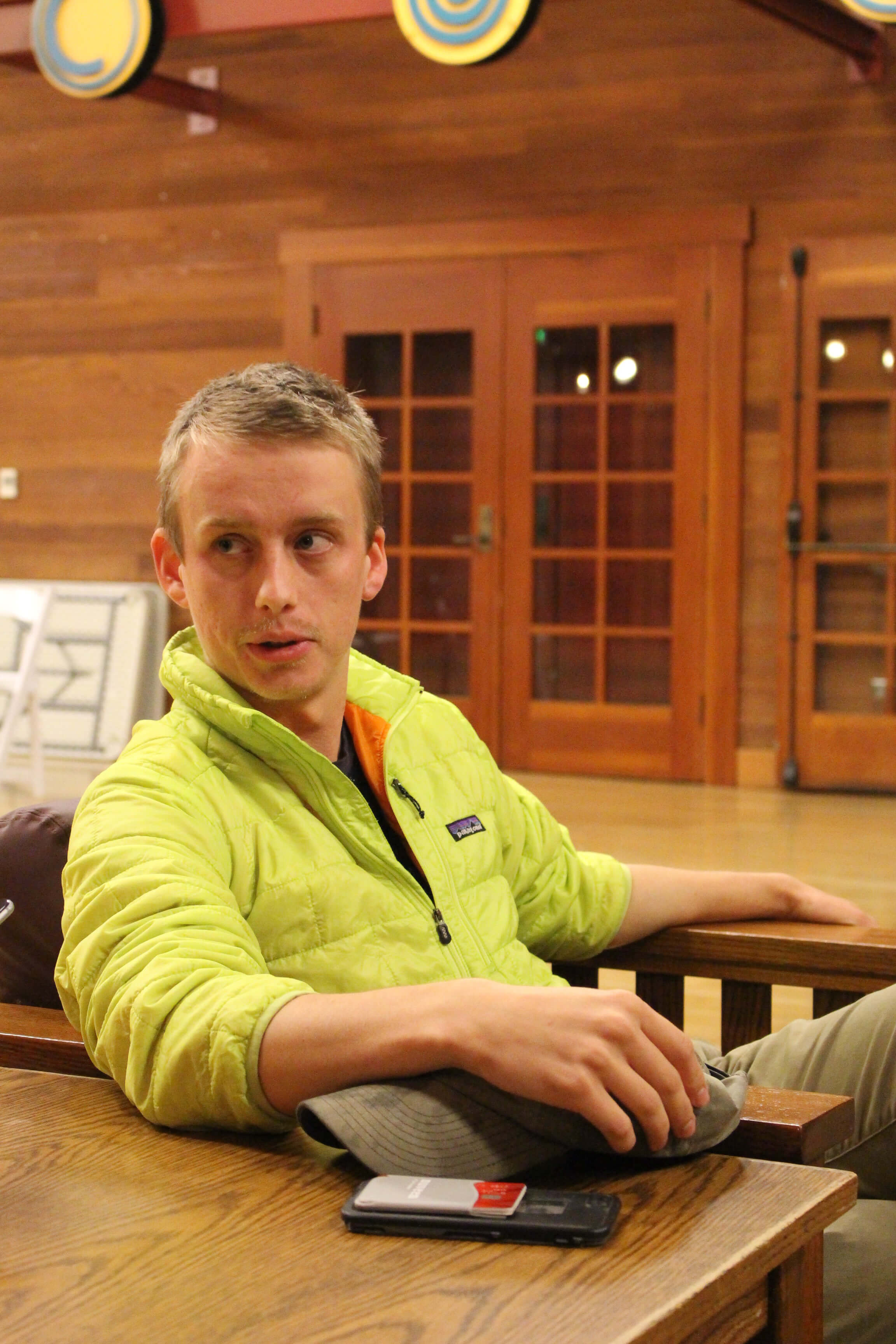
According to Billy Grossman (junior) of the men’s club ice hockey team, interest in hiring a full-time athletic trainer to oversee and assist club sports teams has increased, with students citing concerns for their health and safety.
Club sports teams at Occidental do not currently have a full-time athletic trainer. Instead, the athletics department employs part-time trainers to oversee practices.
One part-time trainer, Alec Carmona of ATvantage, works with student-athletes from the men’s and women’s rugby teams and the men’s Ultimate team. However, Carmona acknowledged that because he is a part-time trainer, he is unable to plan long-term training or rehabilitation for athletes.
“I’m mostly just here for emergency care,” Carmona said. “Just like basic, on-site things.”
Carmona also stressed that because of the club sports that Occidental features, having an athletic trainer available at all times is a necessity.
“From what I’ve seen, especially with rugby, there absolutely needs to be an athletic trainer on-site for every rugby practice — any contact sport, for that matter — one should be required,” Carmona said.
According to Carmona, many other schools have athletic trainers for all sports, including for those with less injury risks, such as golf.
According to Emily Zepeda (first year), a member of the women’s rugby team, the lack of a full-time athletic trainer is the source of ongoing concern for members of the team.
“I think we definitely need a permanent trainer, just because it’s kind of unsettling to see in the group chat some of the concussed girls on the team be like, ‘Oh, is the trainer there? You know, because we don’t even know if someone is going to be there,” Zepeda said.
According to Zepeda’s teammate Catlin Hedeman (sophomore), the nature of the sport requires someone who can provide proper medical attention at all times.
“In my personal opinion, rugby is probably the most violent of all the club sports, so we’re definitely getting hurt the most,” Hedeman said. “A couple weeks ago, we had six girls concussed at one time, which occurred at one tournament at Claremont.”
Hedeman and Zepeda agreed that while the women’s rugby team has access to part-time trainers like Carmona, a more consistent presence in the form of a full-time trainer would be of greater benefit to the club sports program.
“It definitely works out best if the trainer knows the person, consistently sees the same person over and over again,” Zepeda said.
According to Grossman, the men’s club ice hockey team lacks access to a professional athletic trainer of any kind, despite the prevalence of head injuries within the sport.
“In ice hockey, head injuries are a big deal,” Grossman said via Facebook message. “Without a trainer, appropriate concussion management protocols aren’t followed and their evaluation is largely done by coaches with no medical experience.”
Because of ice hockey’s propensity for injuries, Grossman supports the idea of hiring a full-time athletic trainer to maintain the health and safety of the athletes.
According to Jack Allen (senior), a co-captain of the men’s Ultimate team, the part-time trainers present a short-term solution to a more significant problem.
“What they’re essentially doing is, [Oxy Athletics] haven’t hired a full-time trainer and going to what is essentially a temp agency [like ATvantage],” Allen said. “And that’s definitely helpful for us, but I think, in the long run, that’s not something that is going to be beneficial for the school, because they’re going to be paying more to do that. So I think that the sooner they realize — they is (sic) ASOC, OSL, Dean Flot — that they’re going to need to fund, potentially, a full-time position.”
Allen noted that while he recognizes there are financial limits for club sports, hiring a full-time trainer for the teams would go a long way in supporting them.
“[Managing sports teams] is so expensive. I mean, you’re flying teams out to ‘xyz,’ bussing them everywhere,” Allen said. “And so, club sports is sort of an easy place to avoid putting money in, and I sort of understand that in the long term, but I think this is, at least, one option that is going to be good for not only us but the administration as well, because they’re gonna benefit from it. Ultimate’s recruiting students when we say ‘Hey, we have a full-time trainer just for this club sports program.’ That lends us legitimacy.”
According to Carmona, the primary issue should be maintaining the well-being of the athletes.
“Player safety should supersede budget concerns,” Carmona said.
![]()



































